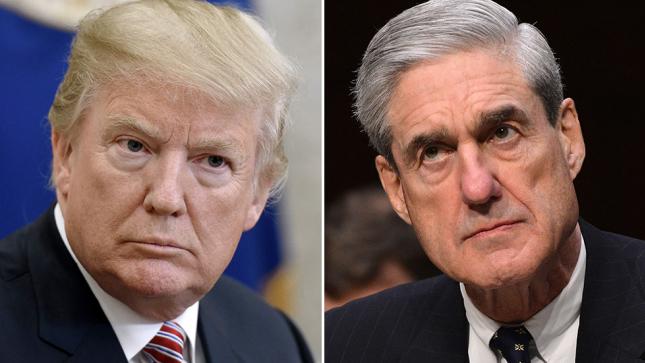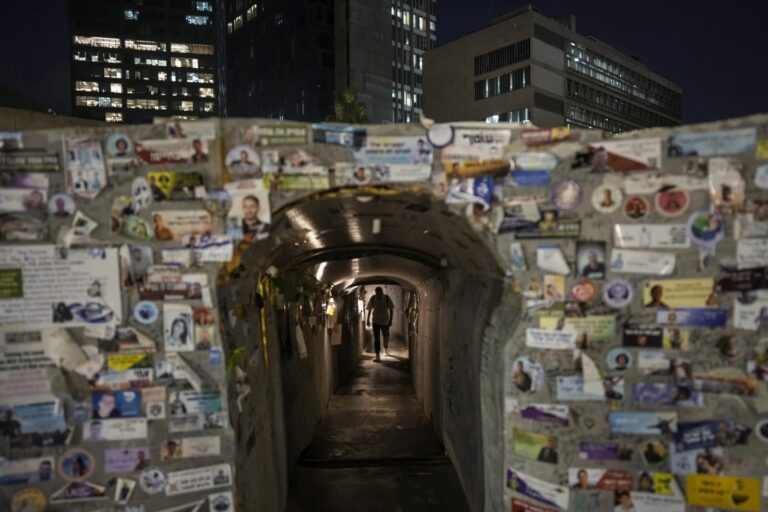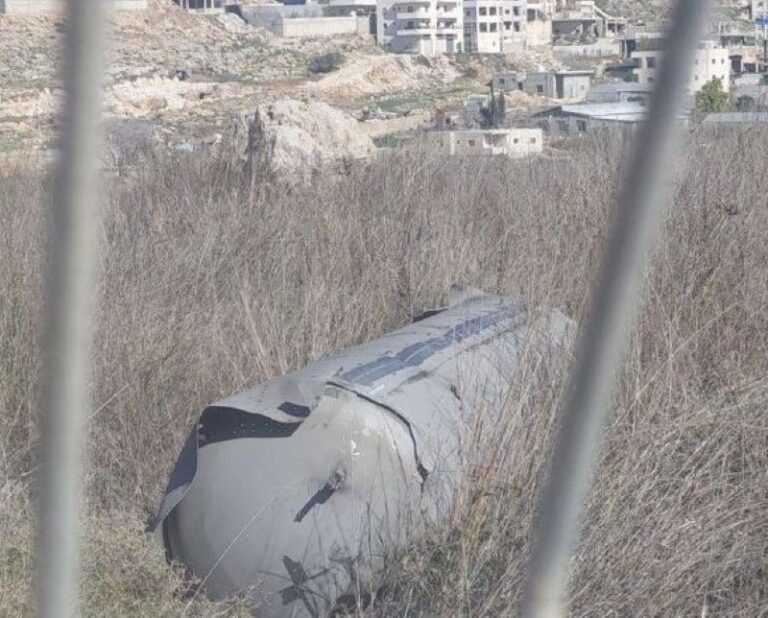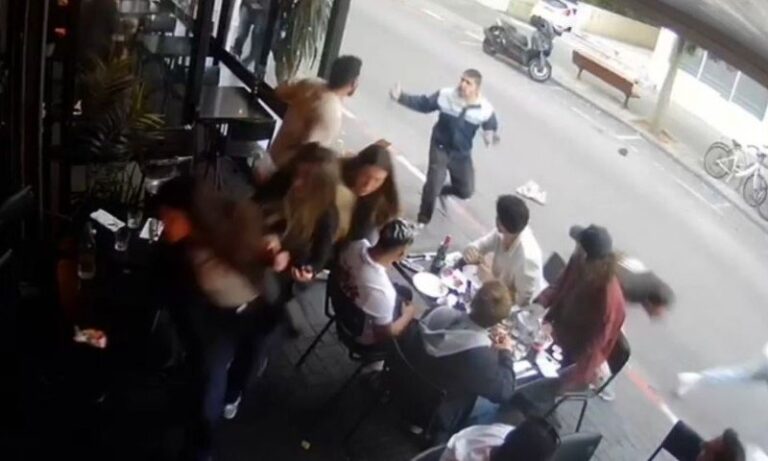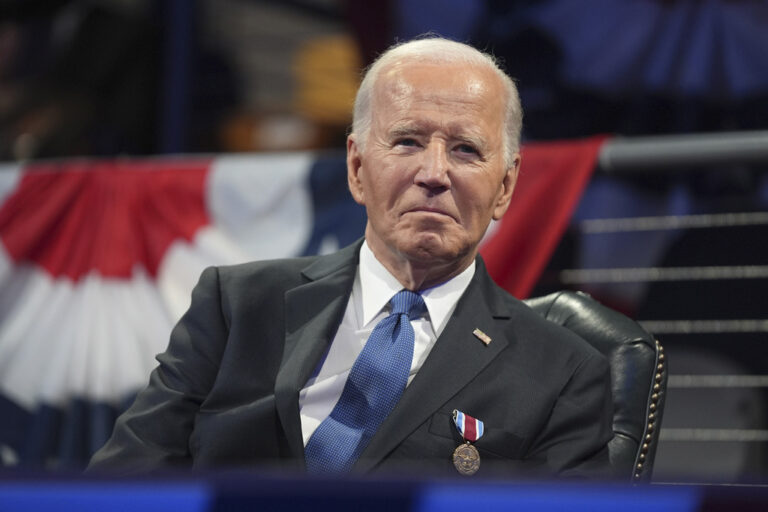President Donald Trump and his lawyers probably won’t decide whether he will sit down for an interview with special counsel Robert Mueller until after the president’s summit with North Korean leader Kim Jong Un next month, according to the president’s legal team.
Rudy Giuliani, the president’s new attorney, said in an interview with The Associated Press on Friday that any preparation with Trump for a possible interview with investigators would likely be delayed until after the June 12 summit in Singapore because “I wouldn’t want to take his concentration off something far, far more important.”
Trump’s lawyers haven’t decided whether it would be in the president’s best interests anyway to speak with Mueller. Giuliani said he had hoped to resolve that question by May 17, the one-year anniversary of Mueller’s appointment, but that was no longer feasible.
“Several things delayed us, with the primary one being the whole situation with North Korea,” Giuliani said. “The president has been very busy. It really would be pretty close to impossible to spend the amount of time on it we would need.”
Though Giuliani would not provide an exact date for when a determination would be made about the interview, he said it probably “would be silly to make a decision” much before the highly anticipated summit. He said that the demands on Trump’s time meant that his legal team had “not done a lot” in terms of preparing the president for a possible in-person interview.
“It would take a while and he’s focused on North Korea,” said Giuliani.
A number of Trump allies, including Vice President Mike Pence on Thursday, have recently stepped up calls for Mueller’s investigation to wrap up, suggesting it was interfering in the president’s ability to do the country’s business. Mueller’s team is investigating Russian interference in the 2016 election and possible coordination with Trump associates as well as whether the president obstructed justice. So far, the special counsel’s office has charged 19 people — including four Trump campaign advisers — and three Russian companies.
Both Trump’s former national security adviser, Michael Flynn, and his deputy campaign chairman, Rick Gates, have pleaded guilty and are now cooperating with the probe. A number of other former White House and campaign staffers, like Reince Priebus and Steve Bannon, as well as Inauguration Day committee chairman Tom Barrack, have been interviewed.
Giuliani, the former mayor of New York City, demurred when asked if Trump would consider it a “red line” for his children to be interviewed. His daughter Ivanka Trump and her husband, Jared, Kushner, both worked on the campaign and are senior advisers at the White House, while Trump’s adult sons, Don Jr. and Eric, were also leading figures on the campaign. Giuliani said he did not expect those interviews with Mueller to take place.
“Our understanding is that he’s pretty much finished,” Giuliani said. “Doing more interviews would be inconsistent with what he’s indicated would be the timeframe of the investigation.”
“As far we know, we’re basically the last witness,” the former mayor said, though he did not elaborate as to whether he meant for the possible obstruction of justice component of the investigation or the entire probe.
The special counsel had floated the idea of issuing a grand jury subpoena for Trump, his former attorney John Dowd has previously said. Even if Mueller’s team decided to subpoena Trump as part of the investigation, he could still fight it in court or refuse to answer questions by invoking his Fifth Amendment protection from self-incrimination. It’s unclear how serious prosecutors were about a potential subpoena or whether the matter has come up since.
The special counsel’s office has not outlined the duration of the probe. Mueller’s investigation has operated largely in secrecy with the public only getting glimpses into its operation through witnesses who are questioned or when indictments and guilty pleas are publicly unsealed.
Though Giuliani left the door open for an interview, Trump has recently signaled a more confrontational legal strategy against the probe, ripping into what he dismissed as an investigation into a “made up, phony crime.”
Trump’s tweets this week were fresh evidence that the cooperative approach Mueller that had been advocated by the president’s legal team for months has gone by the wayside. It also revealed the president’s anxiety about how the investigation could sway voters as they decide whether to keep congressional Republicans in power or force him to face an aggressive Democratic majority.
“The 13 Angry Democrats in charge of the Russian Witch Hunt are starting to find out that there is a Court System in place that actually protects people from injustice…and just wait ’till the Courts get to see your unrevealed Conflicts of Interest!” Trump wrote Monday.
Trump appeared to be drawing attention to a federal judge’s questioning last week of Mueller’s authority in a case against former Trump campaign chairman Paul Manafort. But it was unclear what legal action Trump was referring to that would touch on “unrevealed” conflicts of interest.
Mueller is a longtime Republican, but some members of his team have made political contributions to Democrats, including to Hillary Clinton, Trump’s Democratic opponent in the 2016 election.
Mueller could not have barred them from serving on the team based solely on their political contributions. Federal regulations and Justice Department policy prohibit the consideration of political affiliation in hiring and other personnel actions involving career attorneys.
In congressional testimony, Deputy Attorney General Rod Rosenstein has defended Mueller’s team against criticism that it was politically tainted.
“We recognize we have employees with political opinions. And it’s our responsibility to make sure those opinions do not influence their actions,” Rosenstein said, adding: “I believe that Director Mueller understands that and that he is running that office appropriately.”
(AP)

